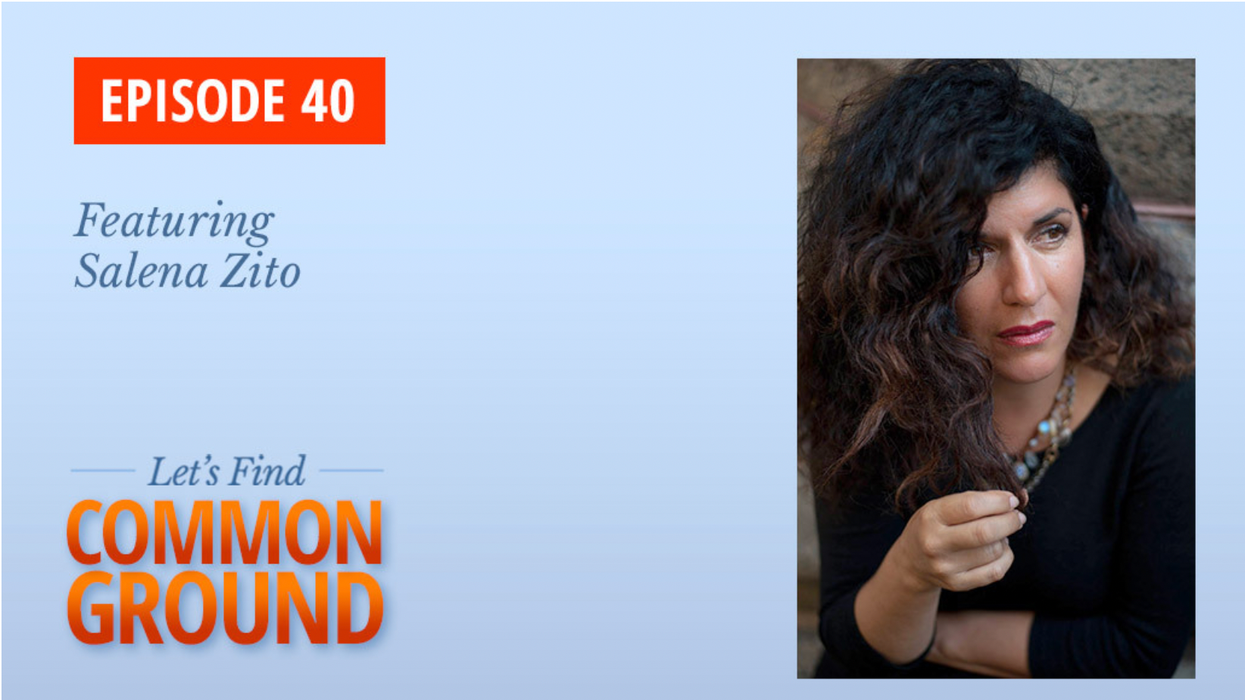Unlike the majority of journalists who cover U.S. politics, columnist Salena Zito lives far away from the centers of power and wealth. Twice a year she leaves her home in western Pennsylvania and drives thousands of miles across the country visiting towns and rural communities, many of which supported Donald Trump for president. In this episode of the Let's Find Common Ground Podcast, we learn more about the perspective of these voters in rural communities.
Podcast: Understanding Trump voters and American Populism




















Marco Rubio is the only adult left in the room